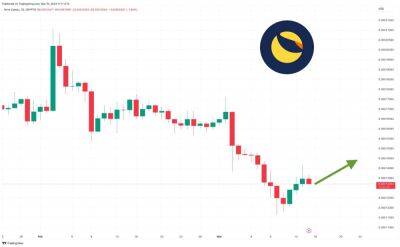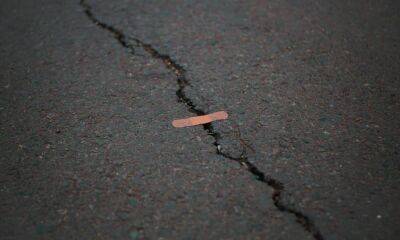Scientists warn of ‘phosphogeddon’ as critical fertiliser shortages loom
Our planet faces “phosphogeddon”, scientists have warned. They fear our misuse of phosphorus could lead to deadly shortages of fertilisers that would disrupt global food production.
At the same time, phosphate fertiliser washed from fields – together with sewage inputs into rivers, lakes and seas – is giving rise to widespread algal blooms and creating aquatic dead zones that threaten fish stocks.
In addition, overuse of the element is increasing releases of methane across the planet, adding to global heating and the climate crisis caused by carbon emissions, researchers have warned.
“We have reached a critical turning point,” said Prof Phil Haygarth of Lancaster University. “We might be able to turn back but we have really got to pull ourselves together and be an awful lot smarter in the way we use phosphorus. If we don’t, we face a calamity that we have termed ‘phosphogeddon’.”
Phosphorus was discovered in 1669 by the German scientist Hennig Brandt, who isolated it from urine, and it has since been shown to be essential to life. Bones and teeth are largely made of the mineral calcium phosphate – a compound derived from it – while the element also provides DNA with its sugar phosphate backbone.
“To put it simply, there is no life on Earth without phosphorus,” exlpained Prof Penny Johnes of Bristol University.
The element’s global importance lies in its use to help crop growth. About 50m tonnes of phosphate fertiliser are sold around the world every year, and these supplies play a crucial role in feeding the planet’s 8 billion inhabitants.
However, significant deposits of phosphorus are found in only a few countries: Morocco and western Sahara have the largest amount, China the second biggest deposit and Algeria the third. In
Read more on theguardian.com

















